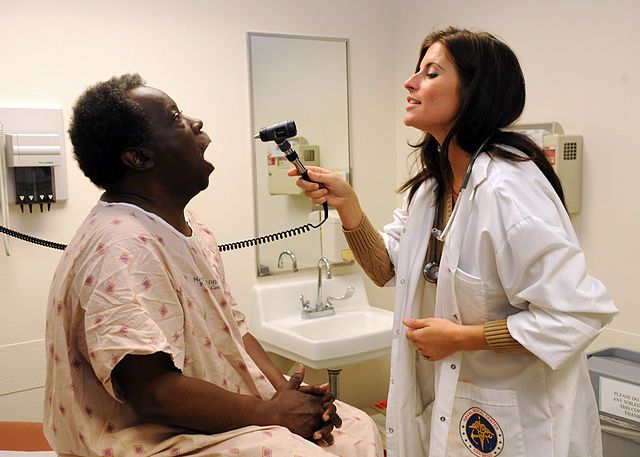A steadily rising number of children and adolescents are being treated for mental illness as outpatients rather than being hospitalised. The idea behind opting for the outpatient route is that the child can maintain contact with their family, friends and school during their treatment.
New figures from the regional government organisation Danske Regioner reveal that the number of children and young people being treated as outpatients has risen by more than a third over the last five years.
In 2010, 20,940 children and young people under 18 were in outpatient treatment. In 2014, that number stood at 28,718.
“Outpatient treatment works much better and the patients are happy with it,” Charlotte Fischer of the psychiatric and social committee at Danske Regioner told DR Nyheder.
“Very few people think it’s great to be in a hospital, so it should only be a last resort for the very sick.”
Cost and space saving
Choosing outpatient treatments in lieu of hospitalisation frees up resources for those patients whose treatment requires a bed, so the waiting list for beds has also been reduced.
READ MORE: One in three Danes mentally ill
The number of adults receiving mental health treatment is also rising. In 2010, 92,030 adults were in treatment. In 2014, that number had risen to 114,860.
Thorstein Theilgaard, the head of the psychiatric association Bedre Psykiatri, warned that, while effective, outpatient treatment can also be viewed as a “discount option”.
“It is fair to ask if outpatient treatment is being chosen because it is cheaper,” he said.
Theilgaard said patients should be evaluated on a case-by-case basis to decide whether outpatient treatment or hospitalisation is called for.
“In the end, it’s about what is best for the patient.”
Fischer said the outpatient/hospitalisation ratio is constantly being monitored.
“It is something we are regularly discussing with our doctors at the hospitals,” she said. Fischer noted that more children being treated as outpatients has not meant that fewer were being admitted to hospitals.
The numbers from Danske Regioner show a slight increase: In 2010, 1,100 children and adolescents were hospitalised, while 1,265 were admitted in 2014.
















